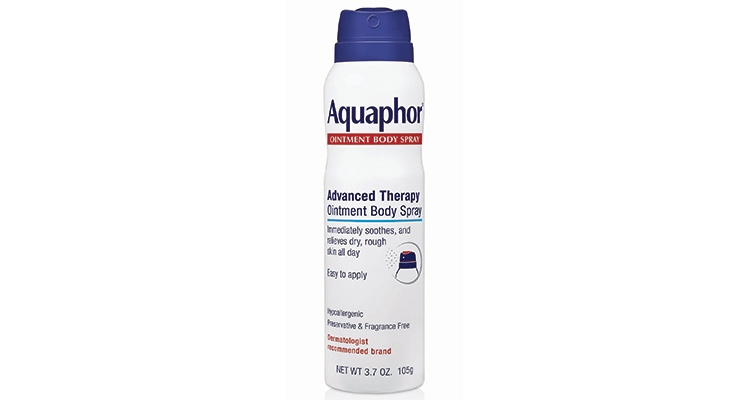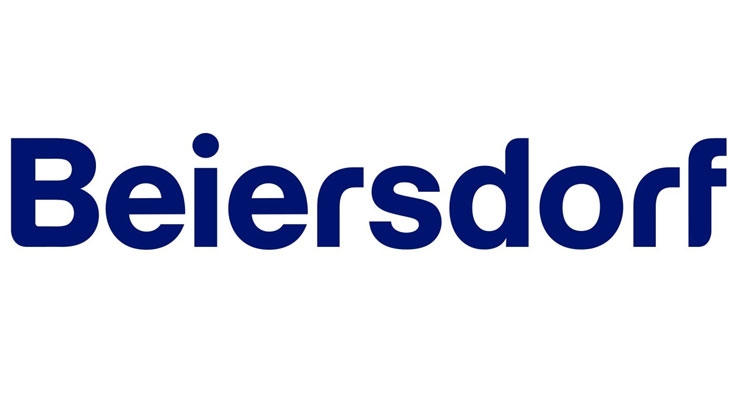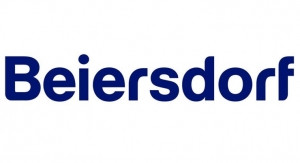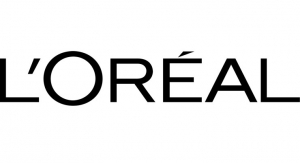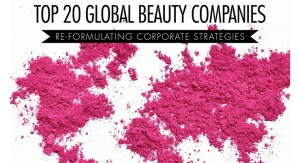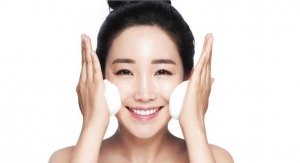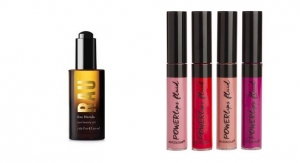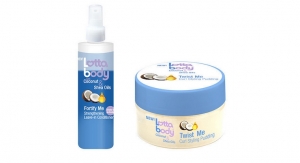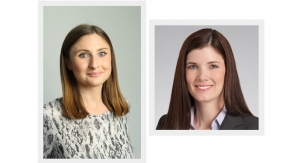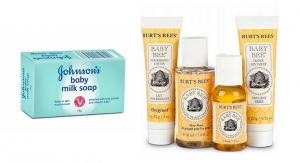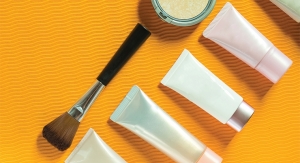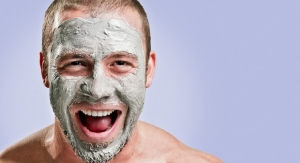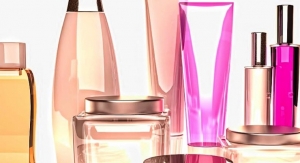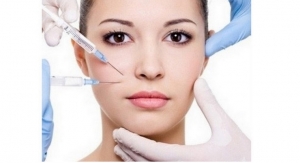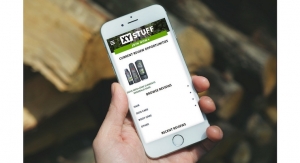Jamie Matusow with Joanna Cosgrove, Editor-in-Chief with Contributing Editor11.01.17
Update: Beiersdorf ranks at #7 on our latest report Top 20 Global Beauty Companies 2021.
Hamburg, Germany
www.beiersdorf.com
Corporate Sales:
$7.1 billion
Beauty Sales:
$5.9 billion (Consumer)
Key Personnel:
Stefan F. Heidenreich, chairman and chief executive officer; Jesper Andersen, CFO; Dr. Ulrich Schmidt, executive board member; Ralph Gusko, executive board member; Thomas Ingelfinger, executive board member; Stefan De Loecker, executive board member, finance; Zhengrong Liu, executive board member; May Shana’a, head of research and development.
Major Products/Brands:
Aquaphor, Eucerin, La Prairie, Nivea, Labello lip balms, Florena, 8x4, Atrix, SLEK and Hidrofugal.
New Products:
Aquaphor Advanced Therapy Ointment Body Spray; Nivea Deo Protect & Care, Nivea Hairmilk Care Shampoo & Conditioner, Nivea Care Shower Silk Mousses, Nivea Cellular Anti-Age Volume Filling Pearls, Nivea Sun Protection Roll-On, Nivea Men Active Energy Morning Fix Face Gel; Eucerin Elasticity+Filler range; La Prairie Cellular Radiance Perfecting Fluide Pure Gold.
Comments:
One of Beiersdorf’s primary goals for 2016 was to strengthen and expand its core brands. The company did just that with Nivea, which achieved +3.8% global growth in 2016, increasing the product family to include new personal care items sporting the brand’s iconic identity and scent. One of the marquis new products was Deo Protect & Care, a 48-hour deodorant range now sold in more than 100 countries. The company’s Nivea Men Crème also notched sustained growth. Beiersdorf’s Eucerin brand contributed to 2016 gains, generating +1.5% organic growth thanks in part to the Eucerin Sun product range. La Prairie enjoyed a +5.5% increase in organic sales with continued global interest in the high-end anti-aging skin care range.
In total, the company filed patents for 47 new product innovations in 2016, with a particular emphasis on meeting the region-specific formulation and packaging-related needs of consumers. Two examples of this work originated out of Beiersdorf’s development lab in China—Nivea Men Oil Control and Nivea Make Up Clear products—in response to what the company says are unique skincare needs of Chinese consumers.
2017 News of Note
Beiersdorf is doubling down on its research into skincare, having conducted a reported 1,900 studies spanning approximately 45,000 people across many regions.
The company continues to focus on a handful of important skincare related issues. The first pertains to gaining a deeper understanding of skin metabolism and its role in the aging process. Building on its discovery of coenzyme Q10’s positive influence on skincare, the company partnered with the Center for Free-Electron Laser Science in Hamburg with the goal of developing a simulation that will enable them to delve deeper into solving the conundrums associated with the skin’s cellular energy production, including cell degeneration during aging. Future work will focus on translating the simulation findings into new products formulated to address those needs.
The company’s researchers are also exploring the unique cellular process of aging in the skin of diabetics in collaboration with the Universities of Heidelberg and Hanover. Focused specifically on the reduced activity of the enzyme glyoxalase (which is deficient in diabetics) and its part in impeding the regeneration of nerves in the skin, the company hopes to chart a new path for future product development, not just for diabetic consumers but also for aging skin, as it experiences a similar phenomenon.
A third avenue of research focuses on skin pigmentation in aging skin. Working with the Laboratory of Cell Biology at the National Cancer Institute of the U.S. National Institutes of Health, Beiersdorf helped disprove the commonly held belief that excessive melanin production is the root cause of age spots. More research into age spots and products that address them are in the works.
Looking Ahead
According to an August press release, Beiersdorf expects its Consumer Business Segment to outperform the market in 2017 with sales growth of 3-4%. Despite a problematic attack of the company’s IT systems in June, sales were up 4.6%.
Hamburg, Germany
www.beiersdorf.com
Corporate Sales:
$7.1 billion
Beauty Sales:
$5.9 billion (Consumer)
Key Personnel:
Stefan F. Heidenreich, chairman and chief executive officer; Jesper Andersen, CFO; Dr. Ulrich Schmidt, executive board member; Ralph Gusko, executive board member; Thomas Ingelfinger, executive board member; Stefan De Loecker, executive board member, finance; Zhengrong Liu, executive board member; May Shana’a, head of research and development.
Major Products/Brands:
Aquaphor, Eucerin, La Prairie, Nivea, Labello lip balms, Florena, 8x4, Atrix, SLEK and Hidrofugal.
New Products:
Aquaphor Advanced Therapy Ointment Body Spray; Nivea Deo Protect & Care, Nivea Hairmilk Care Shampoo & Conditioner, Nivea Care Shower Silk Mousses, Nivea Cellular Anti-Age Volume Filling Pearls, Nivea Sun Protection Roll-On, Nivea Men Active Energy Morning Fix Face Gel; Eucerin Elasticity+Filler range; La Prairie Cellular Radiance Perfecting Fluide Pure Gold.
Comments:
One of Beiersdorf’s primary goals for 2016 was to strengthen and expand its core brands. The company did just that with Nivea, which achieved +3.8% global growth in 2016, increasing the product family to include new personal care items sporting the brand’s iconic identity and scent. One of the marquis new products was Deo Protect & Care, a 48-hour deodorant range now sold in more than 100 countries. The company’s Nivea Men Crème also notched sustained growth. Beiersdorf’s Eucerin brand contributed to 2016 gains, generating +1.5% organic growth thanks in part to the Eucerin Sun product range. La Prairie enjoyed a +5.5% increase in organic sales with continued global interest in the high-end anti-aging skin care range.
In total, the company filed patents for 47 new product innovations in 2016, with a particular emphasis on meeting the region-specific formulation and packaging-related needs of consumers. Two examples of this work originated out of Beiersdorf’s development lab in China—Nivea Men Oil Control and Nivea Make Up Clear products—in response to what the company says are unique skincare needs of Chinese consumers.
2017 News of Note
Beiersdorf is doubling down on its research into skincare, having conducted a reported 1,900 studies spanning approximately 45,000 people across many regions.
The company continues to focus on a handful of important skincare related issues. The first pertains to gaining a deeper understanding of skin metabolism and its role in the aging process. Building on its discovery of coenzyme Q10’s positive influence on skincare, the company partnered with the Center for Free-Electron Laser Science in Hamburg with the goal of developing a simulation that will enable them to delve deeper into solving the conundrums associated with the skin’s cellular energy production, including cell degeneration during aging. Future work will focus on translating the simulation findings into new products formulated to address those needs.
The company’s researchers are also exploring the unique cellular process of aging in the skin of diabetics in collaboration with the Universities of Heidelberg and Hanover. Focused specifically on the reduced activity of the enzyme glyoxalase (which is deficient in diabetics) and its part in impeding the regeneration of nerves in the skin, the company hopes to chart a new path for future product development, not just for diabetic consumers but also for aging skin, as it experiences a similar phenomenon.
A third avenue of research focuses on skin pigmentation in aging skin. Working with the Laboratory of Cell Biology at the National Cancer Institute of the U.S. National Institutes of Health, Beiersdorf helped disprove the commonly held belief that excessive melanin production is the root cause of age spots. More research into age spots and products that address them are in the works.
Looking Ahead
According to an August press release, Beiersdorf expects its Consumer Business Segment to outperform the market in 2017 with sales growth of 3-4%. Despite a problematic attack of the company’s IT systems in June, sales were up 4.6%.

